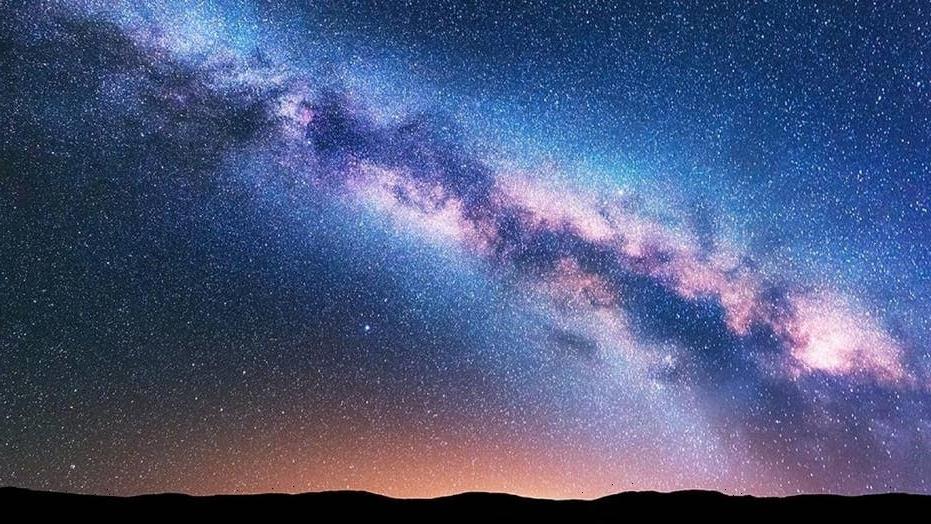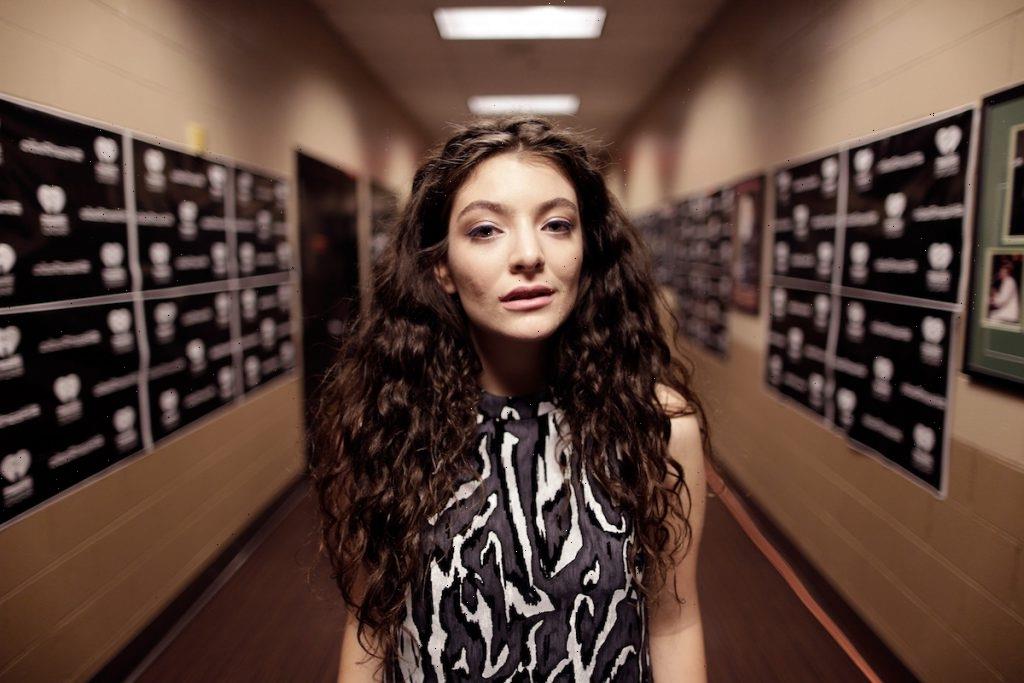- Caspar Lee was a major YouTube star in the early 2010s, but he suddenly stopped posting in 2019.
- He cofounded an influencer marketing agency in 2017 and a talent-management company in 2018.
- In an exclusive interview, Lee explained creator burnout and why he quit YouTube.
- See more stories on Insider’s business page.
In his YouTube heyday, Caspar Lee commanded millions of views for each video he posted to his army of loyal fans who tuned in for his pranks on other YouTubers and camera-facing confessionals.
Originally from South Africa, Lee ran in the British YouTube creator circle, alongside the likes of Joe Sugg, Zoella (Zoe Sugg), Alfie Deyes, and Marcus Butler. He soon gained Hollywood attention, making appearances in “The SpongeBob Movie: Sponge Out of Water” and “Laid in America” with his fellow YouTuber KSI. Lee also regularly filmed collaborations with celebrities like Kevin Hart and James Corden.
But just as he was hitting the crest of the wave, Lee suddenly stopped posting to YouTube in 2019, leaving fans to speculate about his sudden disappearance from the platform. One of the many videos that appear when you search his name into YouTube is titled, “WHY CASPAR LEE’S CHANNEL DIED.” It has picked up more than 250,000 views.
In a conversation with Insider, edited for clarity and length, Lee, 27, explained for the first time why he left his YouTube career behind amid intensifying competition from professional creators and his own pivot to launching startups — saying that at first he only intended to pause for a few weeks. He also revealed that, on reflection, he now believes he suffered from creator burnout.
What were your early experiences as a YouTube creator like?
To cut a long story short, I thought it was good to impress the other kids in my class.
I fell in love with the original YouTubers, like Ray William Johnson and Fred — the people who will go down in the history book of YouTube.
It took me a while to impress anyone. Sometimes it looks quite silly at the beginning because you’re making videos that aren’t usually very good. I didn’t have a particular talent. I just thought people would want to watch for some reason. And they didn’t.
It took me two years of nonstop hustling to get an audience. I was getting my family, friends, their families to subscribe. If anyone had a YouTube account or an extra YouTube account, I’d ask them to subscribe twice. I made about five of my own YouTube accounts, which I probably shouldn’t be talking about because it sounds quite dodgy. I would just try to keep my subscriber base going. It was almost fake it till you make it.
My way in was through a livestreaming website called YouNow. It was massive back then, and you could go behind other creators. (Lee would be the follow-up speaker to already-popular creators.) Say a big creator was on there, like Pointless Blog, Alfie Deyes, who at the time was bigger than me — I would go after him, and his whole audience was potentially still watching.
I eventually got chatting to the Harris Twins and JacksGap. I was meant to go on a hockey tour, which we’d saved up for, and I said to my parents, “Rather than using the money for the tour, can I fly over to the UK?” That was probably the best decision we ever made. I don’t know how I convinced my mom because I was still a teenager. It sounds dangerous.
I collaborated with YouTubers on the UK scene and came home to South Africa with hundreds of thousands of new subscribers. And from there, I had to decide between moving to the UK or US.
I didn’t realize that’s how you grew your platform.
There’s definitely been waves, and some people keep it up and work really hard, and they’ve been around for a long time and continue to do it. But some people definitely had their time.
It was really OG time back then, and everything was super unprofessional. It wasn’t about building businesses, really, although there were a few popping up, but no one was taking it very seriously.
If anyone asked you what you did for a living, you’d have to say, “I make videos on YouTube,” and they’d say, “OK, that’s cool, but what’s your actual job?”
Lee cofounded Influencer, an influencer marketing agency, in 2017 with Ben Jeffries.Courtesy of Caspar Lee
Did you suffer from creator burnout?
I definitely look back and see that I had it. But I don’t think that’s why I stopped uploading at the time.
It wasn’t necessarily just YouTube. I wasn’t uploading every day and daily vloggers — that’s just another level. I can’t compare myself to that, but it does get tricky when you don’t have a consistent format that’s easy to do each week.
It was never making the videos that was difficult. It was coming up with new ideas.
And then, as YouTube grew and more people saw it as legitimate, you had more and more talented people joining. You had more people backed by big companies, celebrities, talk-show hosts, media organizations coming to YouTube.
So then the people like myself who weren’t necessarily, even though it was a business, treating it like a business and formatting to make it super efficient and consistent. There is pressure. There’s more choice.
But the reason for my stepping away at the time was just down to the amount of work I was doing with Influencer (the influencer agency Lee cofounded in 2017), Margravine (the talent-management company he founded with Joe Sugg in 2018), Proper Living (a property company providing student accommodation in Cape Town, South Africa.)
I spoke to some mentors, and they really said to me, “You need to focus sometimes” because I love to do everything.
I thought I’d just take a couple of weeks off, and then weeks turned into months, and it just happened. A year and a half had passed. I feel like it’s going to be quite difficult to put another video on now. Do I have to explain what happened? Do I have to be consistent again?
I’m saying to myself at this stage because of where the businesses are at and the amount of focus I need on them, I’m going to just wait a bit longer until I’m in a position where I have that time that I can concentrate on YouTube. It is one of those things that it’s just you have to put everything into it.
You have to draw a line in the sand and be like, yeah, I’m slightly different to the person I was back when I was 18 years old. And I have different interests — unless you want to play a character, which I didn’t really want to do. When I do want to make videos again, there’ll be that kind of break and that transition where I could be like, “OK, this is now kind of who I am.”
Did you always think you’d pursue business?
I didn’t really know how startups worked when I was 16. In South Africa, where I grew up in a very small town, I didn’t know there was a certain way you could launch a brand-new business.
When I moved to London and saw the growth of my YouTube channel, I was like, “OK, it is possible to go from something very, very small, and no one knows what it is to building something quite substantial.”
I felt like I could use some of the skills I’d learned from YouTube, be that within marketing, especially within our business, I could help you in terms of the products and so on.
Looking back now, there were times when I was always trying to figure out ways to make extra money because we didn’t have that much money growing up, and I just wanted to sometimes get cool things.
The way I bought my first camera for YouTube was by playing poker, underage poker. I’m not recommending it. There were always things like that, where I was trying to figure out ways to get things that I wasn’t able to get. I guess I had an entrepreneurial spirit.
Was it hard at the time to persuade investors to get onboard?
Yeah, at that time. I think right now the market is completely different. I talk to lots of VCs and private-equity people, and the influencer market and creator economy now is really hot. But back then, you definitely had to convince people.
There are creators who carry on posting despite a drop in engagement and followers, but you were gaining big viewing numbers on YouTube when you stopped. What’s the reaction been in terms of you stepping back?
I’m still creating content on Instagram. Sometimes I still pinch myself to think how many people are looking at this photo or watching my stories. I definitely still see myself as a creator. YouTube just takes that extra bit, and if I’m going to do YouTube, I want to do it properly.
In terms of my audience reaction, it’s just been organic. That’s always how it’s been. They’ve realized, “Oh he’s focusing on his business stuff now.”
What I love about that is they can see I’ve grown up, and they’ve grown up too. They get to see someone they’ve watched on YouTube doing something very different and maybe quite similar to what they’re going through in life — like starting a business or getting their first job or moving away.
What I really love about what I’m doing now is sometimes people who watched my videos who are now members of my team, and that’s always cool to see.
Source: Read Full Article

